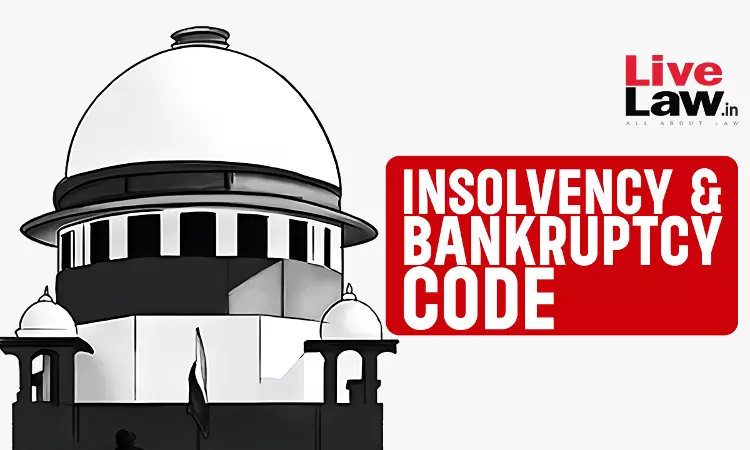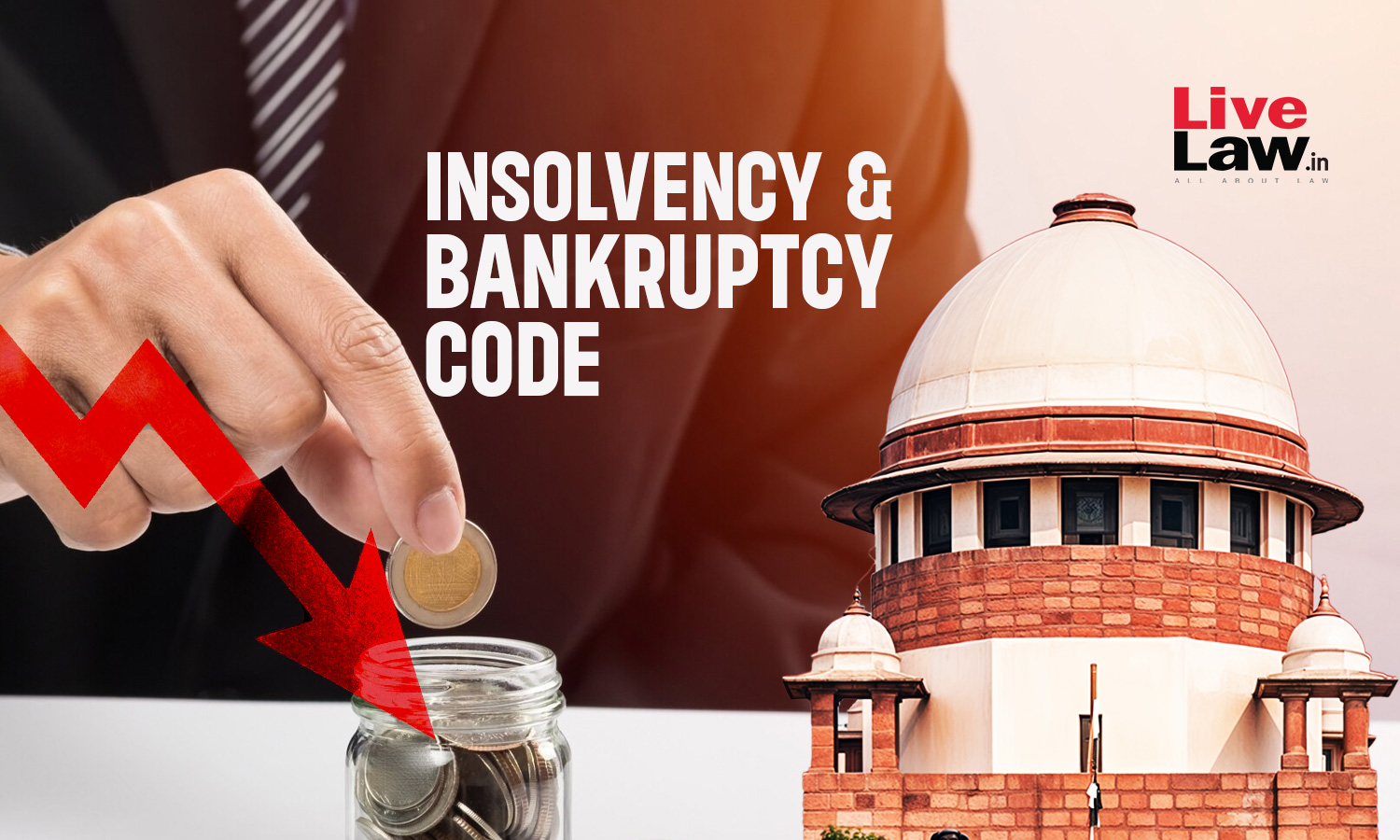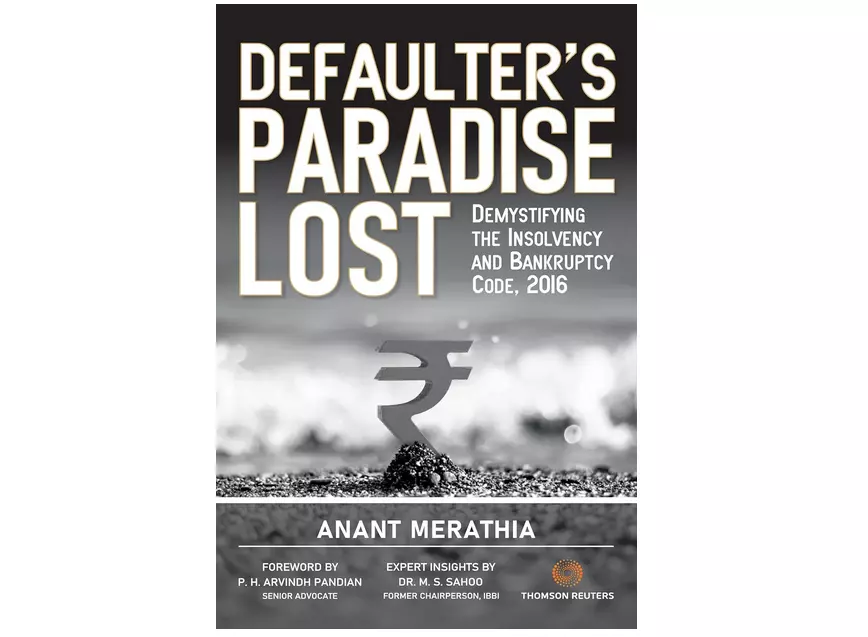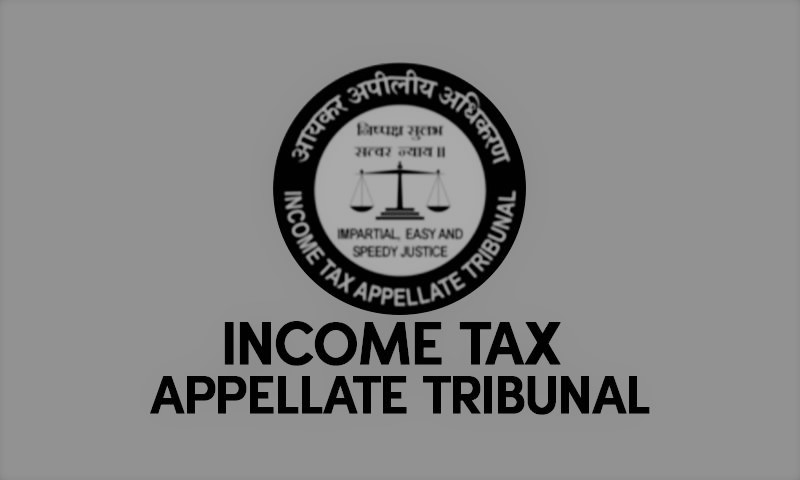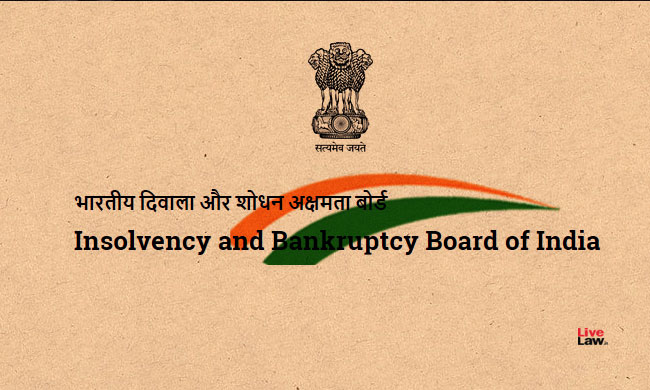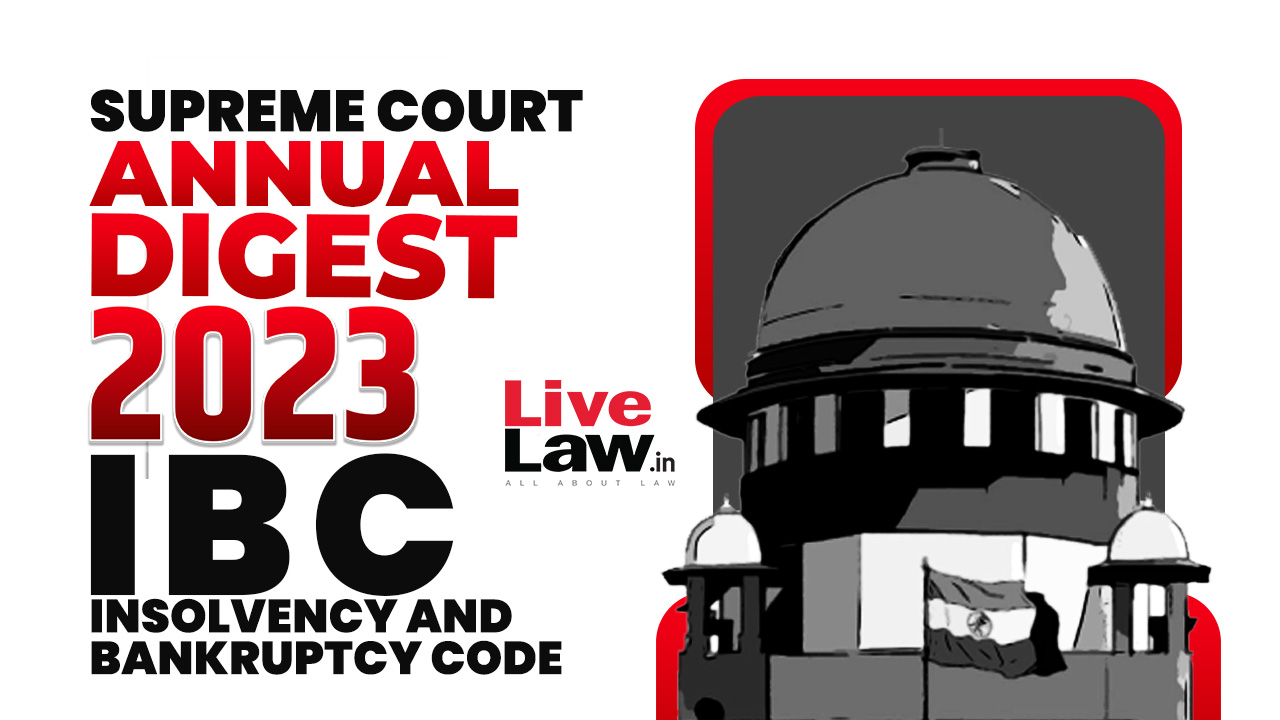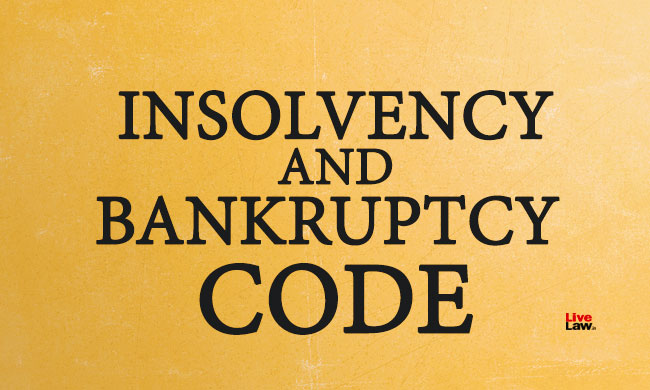
Relevance Of Doctrine Of Priority In Liquidation Under Insolvency & Bankruptcy Code
Live LawIt is a well established principle that where conflicting, but equal interests have been created in favour of multiple persons, it should be determined based on the maxim qui prior est tempore potior est jure, i.e., he who is earlier in time is stronger in law. This Waterfall mechanism gives the apex priority to the IRP costs and the liquidation costs followed by the debts owed to the secured creditors who had relinquished their security interest to the liquidation estate. This Distribution matrix under Section 53, is identifying only the following three classes of Creditors: Secured Creditors who had relinquished their individual security interests to the common pool of Liquidation Estate; Secured Creditors who had not relinquished their security interests, but had opted to enforce their security interests on their own and Unsecured Creditors This provision is not prima facile differentiating the secured creditors on the basis of their inter se priority of the creation of security interests and recommends for a paripassu distribution of sale proceeds among the same class of creditors. The Section 53 reads as follows: "Notwithstanding anything to the contrary contained in any law enacted by the Parliament or any State Legislature for the time being in force, the proceeds from the sale of the liquidation assets shall be distributed in the following order of priority and within 58 such period as may be specified, namely: *** debts owed to a secured creditor in the event such secured creditor has relinquished security in the manner set out in section 52;" The Explanation to Section 53 clarifies that at each stage of the distribution, the proceeds shall be paid in equal proportion within the same class of recipients. The Doctrine of Election incorporated under Section 52 of the Code gives the option to a secured creditor to elect between the right to enforce the security interest based on the priority of charge over the security interest created in its favour and a right to claim from the entire liquidation estate of the corporate debtor.
History of this topic

NCLT Hyderabad: Asset Becomes Part Of Liquidation Asset If The Secured Creditor Fails To Comply With Regulation 21A
Live Law
Secured Creditors Vis-À-Vis Debt Recovery: A Positive Step
Live Law
Insolvency Law In Review – January 2021
Live LawDiscover Related
